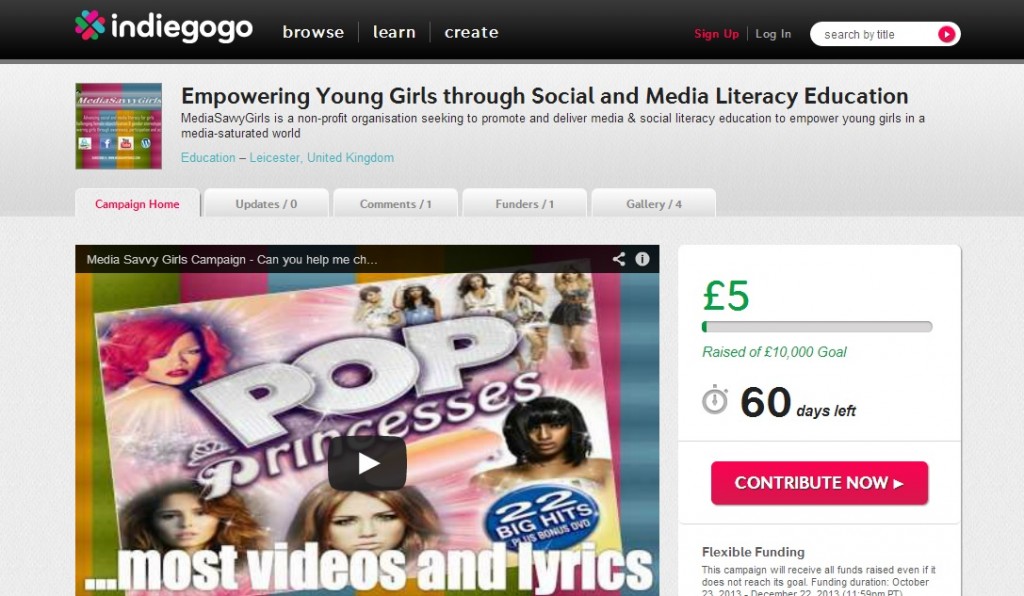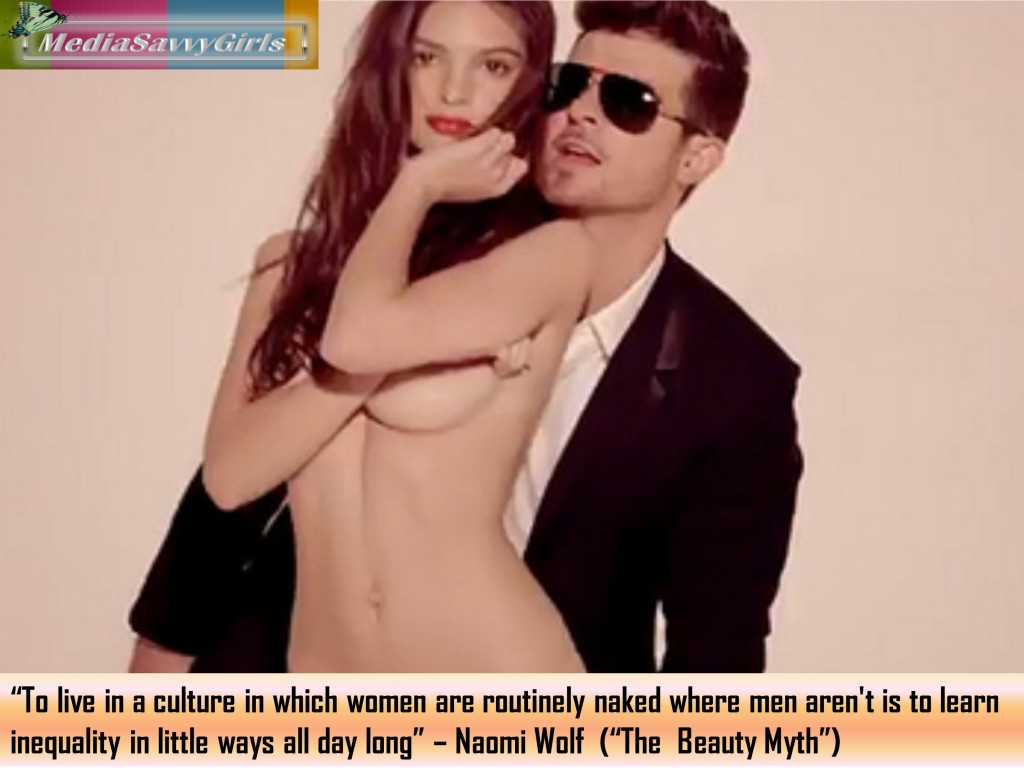
Today I had an interesting discussion with a parent regarding how to stop her two young girls (age 2 and 4) obsessing over their Barbies dolls:
“At the beginning I didn’t give so much weight as it started gradually, but now I am at the point of almost wanting to bin their whole Barbie’s collection at once! They rarely play with anything else, I think they are getting pretty obsessive over them, constanlty changing clothes and then bringing the dolls with them everywhere…sometimes I feel like I am a bad mother allowing this…I think we are playing a dangerous game with the toys we hand over to them”.
This is nothing new: socialisation into stereotypical gender roles through playing practices, “let the girls be girls and the boys be boys”, many conservative parents would have no problem with it. However, I know even very conservative parents who will argue that the extent to which girls are trained into the role of “beautiful dolls” is getting far out of hand these days.
Young girls must be looking around, finding very little alternative to this role. Starting from the innocent comments received during family reunion (“Oh…she’s so beautiful” “she’s such a pretty girl”), the message is then reinforced through several hours of Barbie or Bratz play, possibly accompanied by some indoctrination into the glittering world of Disney’s princesses cartoons, merchandise and bedroom paraphernalia.
Interestingly – and more worryingly so- Barbie/ Bratz and the like have now become in many countries a must-have early years’ toy for girls age 2-6. Most of the girls I’ve talked to throughout my project (girls living in UK, age 8-11) were ready to dismiss the toy as “babyish”.
While there’s a lack of research on the direct effects of this playing practice from such tender age, it would respond to logic to think that handing out a skinny doll with unrealistic body proportions to 2-6 years old doesn’t represent the wisest educational choice. Let’s also consider the fact that playing with this type of dolls involves mainly changing them into different clothes, outfits, make-up and hair styles to make them more beautiful and sexy (possibly to attract the only man character in Barbie’s world, Ken!).
Now, developmental psychology tells us that toddler years are a time of great cognitive, emotional and social development, with children playing practices shaping their believes and attitudes for their later life: so let’s stop a minute and think “what are the attitudes and believes we promote in our girls by a regular daily dose of Barbie/Bratz play at this particular stage of their development?” And what if this practice is accompanied by Disney princesses’ cartoons and strict gender stereotyping in marketing and media?
This is a far cry from the traditionally feminine practice of playing with baby dolls, although I am aware that many feminist would equally class that practice as limiting, stereotypical and damaging, at least when not mixed with other types of play.
But surely you would think that pushing baby dolls on a pram, or pretending to feed them or change their nappy is a “parenting role play” which can develop a caring and nurturing attitude in children, so potentially nothing too wrong with that, right? (For the same reason I would be extremely happy to see as many boys as girls engaged in this type of play…but of course this would make uncomfortable too many parents who still firmly believe in the benefits of stereotypically gendered socialisation for their boys and girls…we have a long way to go I think!)
To conclude, shouldn’t we be a little more considerate in deciding which toy would be best for a 2-6 years old child? This is such a delicate and important phase of a child development… I contend that the effects of such universal play practice – especially in cases where it tends to monopolise girls’ attention and when not compensated by a diverse range of activities – should be really considered much more seriously.





